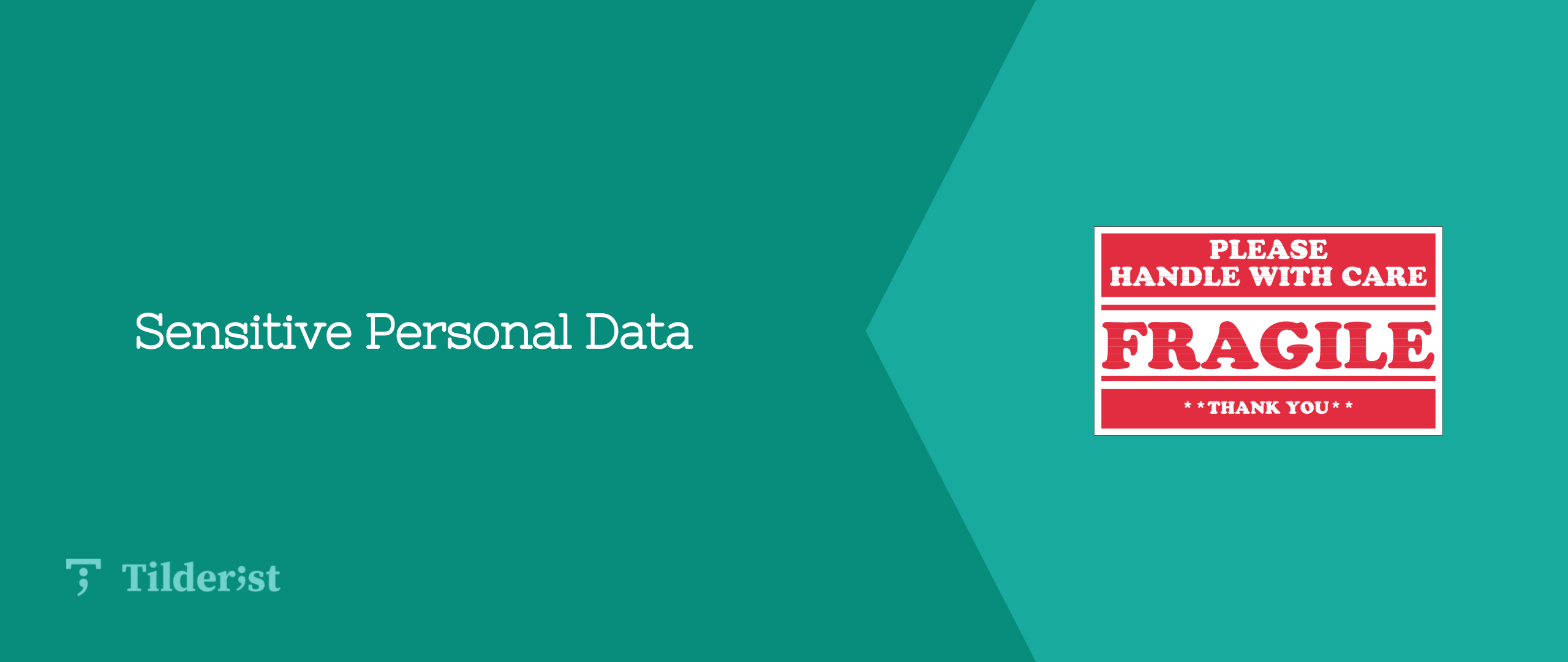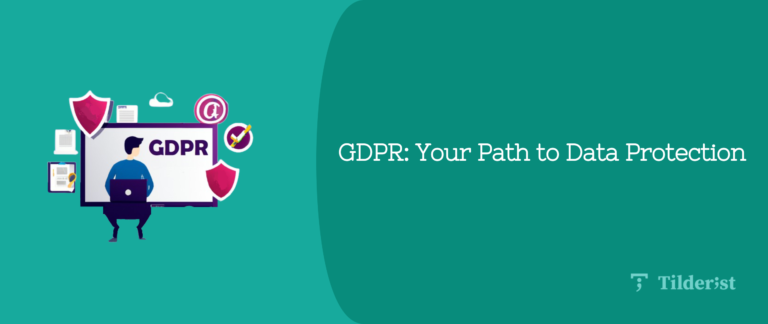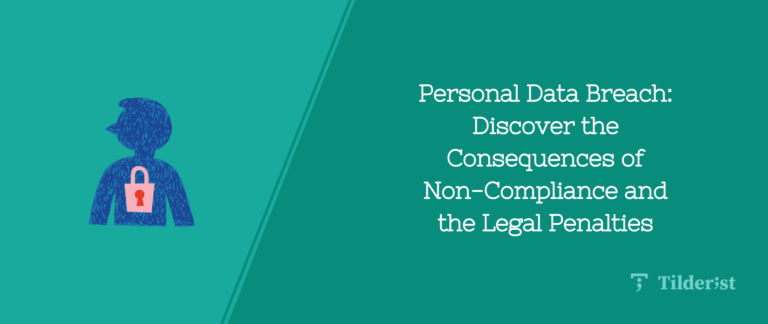Your Privacy Policy is not a one-and-done document—it’s a dynamic, living record that evolves with your business. Regular amendments are essential to ensure transparency, legality, and user trust. In this post, we’ll explore why and how you should keep your Privacy Policy up-to-date.
In case you want to learn more about the privacy policy and why it’s important first, head over to our introductory article on privacy policy, as well as our post “Why you need a privacy policy”.
What will we see in this post?
- Why do I need to update my Privacy Policy?
- Do I have to notify users of any modifications?
- Examples of ways to notify users
- In more detail, an amendment to your Privacy Policy is necessary mainly when…
Why do I need to update my Privacy Policy?
If your purpose as a professional is to continue your activities transparently and within the legal limits of protective privacy regulations, then amend your Privacy Policy to reflect these changes.
As we have already mentioned, as a business you are obliged to create such a policy to meet certain legal standards.
Let’s not forget that guests take for granted its compatibility with modern legislation and its amendments.
In this continuous effort to harmonize with the new legal framework and the company’s methods, evaluations of the Privacy Policy at regular intervals are also a useful tool.
Otherwise, a lack of regular updating is likely to reduce the protection of your website and undermine user trust.
Do I have to notify users of any amendments?
Given the above, it is important that after any amendment of essential provisions of your Privacy Policy, users are immediately notified of the changes before they take effect, while in many cases the need for their consent is not excluded. They are also the data subjects.
Not all changes warrant the same level of disclosure. For instance, minor updates to the language or structure of the Privacy Policy may not require explicit notification. However, any significant amendments, such as partnering with a new service provider or adopting a new data processing method, demand clear communication with your users.
Remember, your users are the data subjects, and they have the right to know how their personal information is handled. Being open and forthright about policy changes not only promotes trust but also ensures compliance with privacy regulations. Keep them informed, respect their rights, and build a stronger bond with your audience (you can find out more about your users’ rights in our post about the rights of the data subject).
Examples of ways to notify users:
- Future-proof Clause: Include a smart clause in your Privacy Policy that allows for frequent updates without requiring individual approval each time. This ensures your business can adapt swiftly while keeping users in the loop. Look at some future-proof sample clauses in this post by Law Insider.
- Personalized Email: Send out personalized emails to your users, clearly explaining the changes in the Privacy Policy. This direct communication helps them understand the updates and reinforces transparency.
- Eye-catching Pop-up: Utilize a catchy “pop-up” notification on your website to announce important changes to your Privacy Policy. This eye-catching method grabs users’ attention and encourages them to review the updates.

But remember, it’s not just about notifying users; you also need to ensure compliance. Identify any documents linked to the Privacy Policy and promptly amend them to align with the latest version. This comprehensive approach guarantees a consistent and trustworthy experience for your users.
In more detail, an amendment to your Privacy Policy is mainly necessary when:
- There are changes in laws and regulations
- New products and services are introduced
- There is a corporate change. If the site is to work with another business or marketplace, its special features, such as new products or a new geographic area, may result in a necessary policy update.
- Changing the way platform data is processed. Critical here is the notification of customers, in many cases and their approval.
- Lapse of a long period of time since its formation and consequent requirement to adapt it to the new needs of the company.
By proactively amending your Privacy Policy, you signal your commitment to customer satisfaction, data protection, and compliance. Building a strong, transparent brand image attracts loyal customers who trust your business with their valuable information. Stay relevant, responsible, and secure with timely Privacy Policy amendments!
Author





